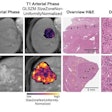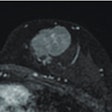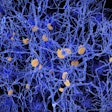MRI results suggest that young adults who smoke marijuana at least once a week could experience size and shape changes in two brain regions associated with emotion and motivation.
The findings, published in the April 16 issue of the Journal of Neuroscience, indicate that recreational marijuana use may lead to previously unidentified brain changes. The results also highlight the importance of research to better understand the long-term effects of low to moderate marijuana use.
Researchers from Northwestern University and Massachusetts General Hospital/Harvard Medical School used MRI to compare the brains of 18- to 25-year-olds who reported smoking marijuana at least once per week with those with little to no history of marijuana use.
Among the 20 marijuana users, the nucleus accumbens -- a region of the brain associated with reward processing -- was larger and altered in shape and structure, compared with the brains of the 20 nonusers.
In addition, the more marijuana users reported consuming, the greater the abnormalities in the nucleus accumbens and the amygdala, which is associated with emotion. The shape and density of both of these regions differed between marijuana users and nonusers.
"This study raises a strong challenge to the idea that casual marijuana use isn't associated with bad consequences," said study co-author Dr. Hans Breiter.



.fFmgij6Hin.png?auto=compress%2Cformat&fit=crop&h=100&q=70&w=100)

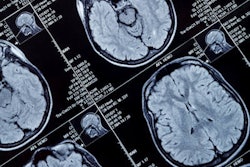
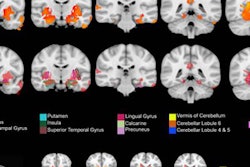

.fFmgij6Hin.png?auto=compress%2Cformat&fit=crop&h=167&q=70&w=250)


